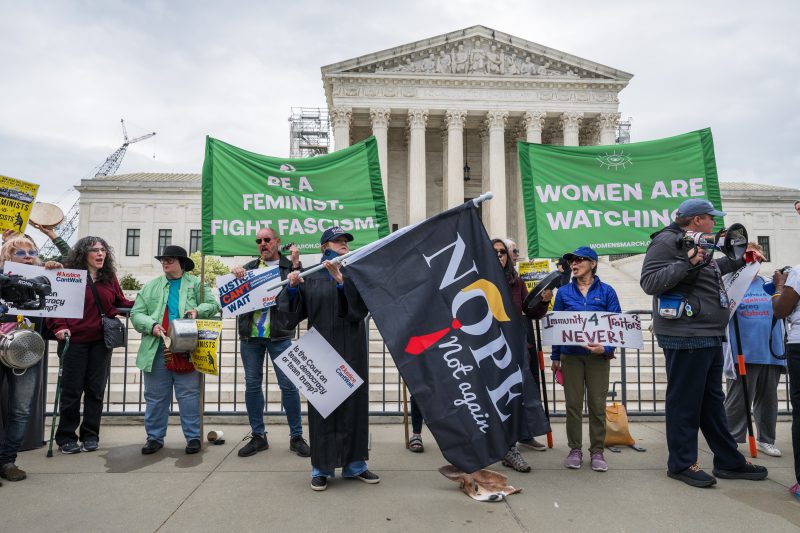In recent times, there has been growing concern regarding the rhetoric and actions of former President Donald Trump in relation to the criminalization of dissent. The idea of criminalizing dissent is a deeply concerning concept that strikes at the heart of democracy and freedom of speech. As citizens of a democratic society, it is crucial to examine and understand the implications of such a proposal.
Trump’s repeated references to criminalizing dissent send a chilling message to the American people. In a democracy, citizens have the right to express their opinions, beliefs, and criticisms without fear of reprisal or punishment. By suggesting the criminalization of dissent, Trump is attempting to stifle opposition and silence those who disagree with him.
One of the fundamental principles of democracy is the protection of freedom of speech. The ability to criticize the government, hold officials accountable, and participate in public discourse is essential for a healthy democracy. Criminalizing dissent would set a dangerous precedent and undermine the very foundations of our democratic system.
Furthermore, the criminalization of dissent poses a severe threat to civil liberties and human rights. A government that seeks to punish those who dissent effectively weakens the checks and balances necessary for a functioning democracy. By silencing opposition, leaders can consolidate power and act with impunity, leading to potential abuses of power and violations of human rights.
In addition to the political implications, the criminalization of dissent also raises serious ethical concerns. As individuals, we have a moral imperative to speak out against injustice, inequality, and oppression. By criminalizing dissent, we risk perpetuating a culture of fear and silence that is antithetical to the values of democracy and human rights.
It is essential for civil society, the media, and political leaders to push back against any attempts to criminalize dissent. As citizens, we must remain vigilant in defending our rights and freedoms, even in the face of threats and intimidation. It is only through active engagement and a commitment to democratic principles that we can safeguard our democracy for future generations.
In conclusion, the proposal to criminalize dissent is a dangerous and anti-democratic idea that must be strongly opposed. Freedom of speech and the right to dissent are essential components of a healthy democracy, and any attempt to silence opposition threatens the very fabric of our society. It is incumbent upon all of us to stand up for our rights and resist any efforts to undermine the principles of democracy and human rights.
